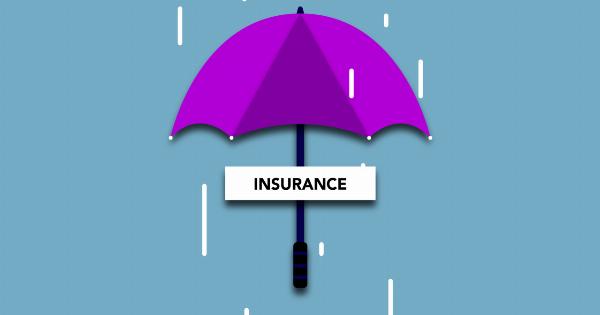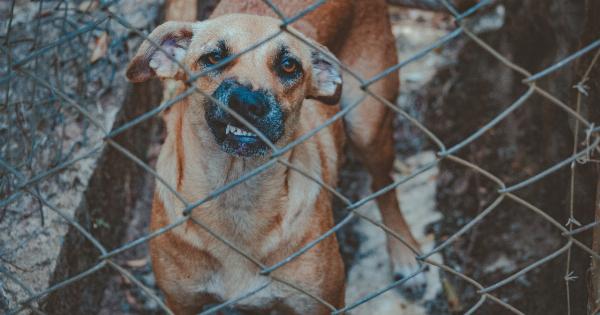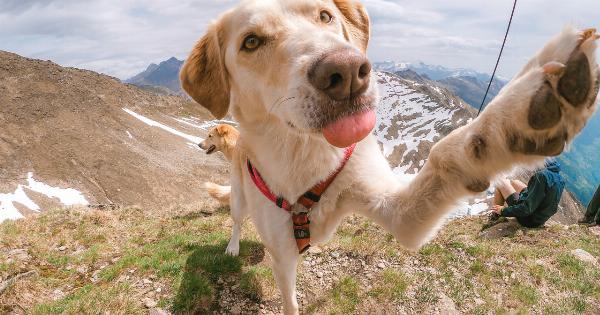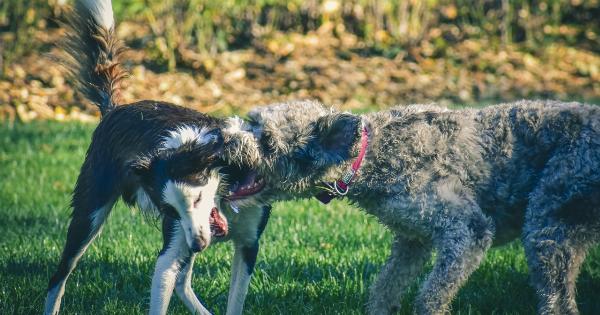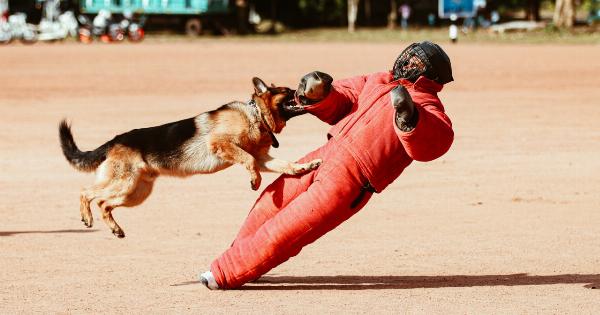Aggression in dogs can be a serious issue that can not only cause harm to the dog itself but also to those around it.
Dogs can develop aggression due to a variety of reasons, including genetics, lack of socialization, fear, anxiety, and past traumatic experiences. It’s important to address aggression in dogs promptly to prevent dangerous situations. But can we stop dog aggression altogether?.
Understanding Aggressive Behavior in Dogs
It’s important to understand that aggression in dogs is a natural behavior that can be triggered by various factors. The aggressive behavior in dogs can range from growling, biting, snarling, barking, lunging, and attacking.
Aggressive dogs are generally trying to protect themselves, their owners, or their territory.
Dogs can become aggressive due to a variety of reasons such as frustration, fear, pain, anxiety, and confusion. Sometimes, dogs also develop aggression due to genetic factors, hormonal factors, or medical issues.
It’s crucial to identify the cause of the aggression to take the right corrective measures.
How to Stop Dog Aggression?
Stopping dog aggression largely depends on the severity of the aggression and the underlying cause of the behavior. In some cases, aggression can be managed with behavior modification techniques and proper training.
In severe cases, where dogs pose a significant threat to people or other animals, it may be necessary to seek professional help.
Training and Socialization
In many cases, aggressive behavior in dogs can be addressed through proper training and socialization. Socializing your dog from a young age can help them develop appropriate behavior in new situations and around people and other animals.
Professional dog trainers can help with positive reinforcement training techniques to train dogs to behave appropriately.
Medical Intervention
It’s crucial to rule out medical issues as a cause of aggression. Sometimes, dogs may become aggressive due to hormonal imbalances or medical problems such as hypothyroidism.
Getting a check-up from a veterinarian can help rule out these underlying issues.
Behavior Modification Techniques
Behavior modification techniques can be used to change the mindset of aggressive dogs. Counter-conditioning and desensitization are often used to retrain aggressive dogs.
These techniques involve gradually exposing the dog to the trigger of their aggression while providing positive reinforcement when they exhibit calm behavior.
Another behavior modification technique is known as management protocol. This technique involves restricting the dog’s access to their triggers in such a way that they don’t become aggressive.
This approach may be suitable for dogs who are not responding to other behavior modification techniques.
Training Your Children About Dog Aggression
It’s essential to train children about dog aggression to prevent them from becoming victims of dog bites.
Children should be taught how to behave around dogs, including not staring at them in the eyes, not petting them excessively, and not disturbing them while eating or sleeping. Parents should also supervise their children when they are interacting with dogs of any kind.
Final Thoughts
Stopping dog aggression takes time, patience, and effort. The underlying cause of the aggression should be identified and addressed appropriately.
In many cases, professional help may be necessary, and it’s essential to invest in pet insurance to cover potential expenses. Pet owners should also understand the signs of aggression and take necessary precautions to prevent dog bites.










